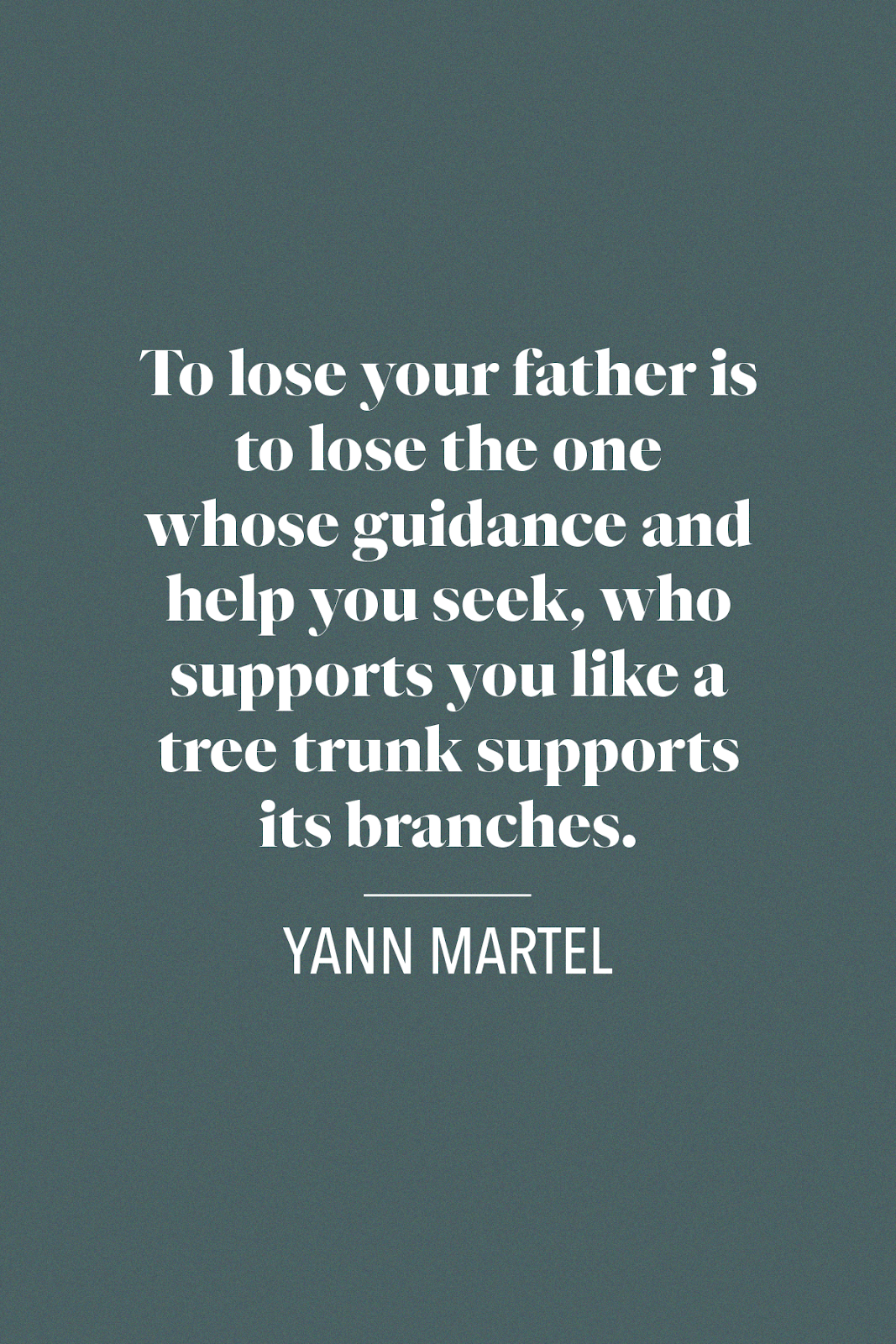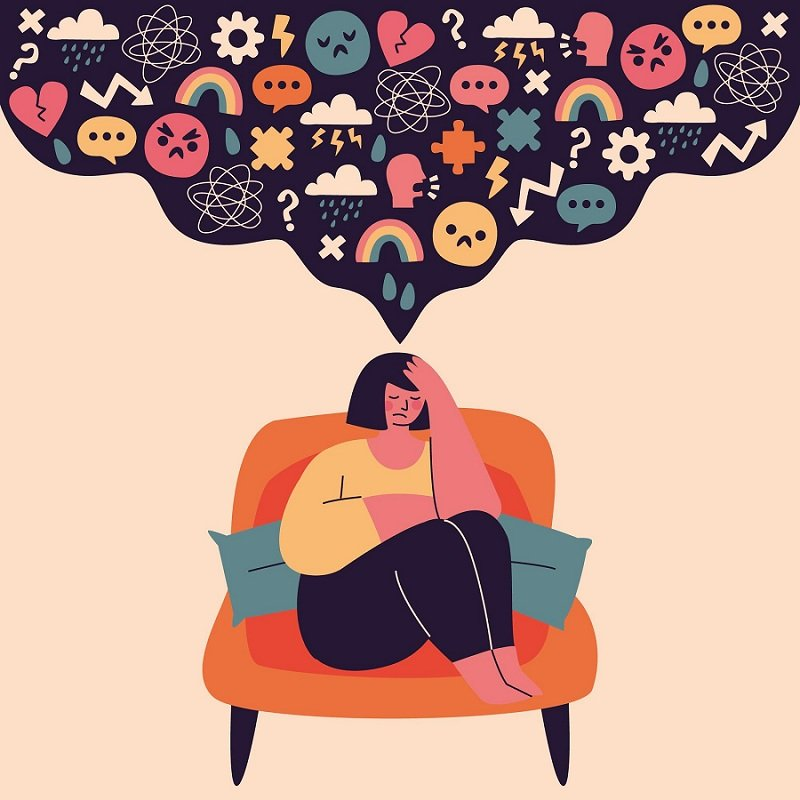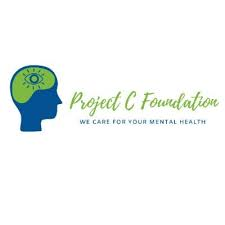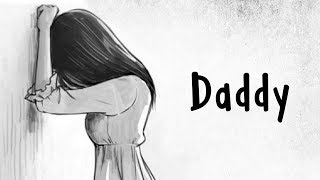
A child is dependent on his parents for survival & care.
The loss of a parent or both parents because of death can cause a child to experience a combination of sadness, loss, fear, grief, panic, and depression leading to helplessness & hopelessness.
It impacts the psychological, cognitive, and physical development of a child Here I’m majorly going to talk about the impact on teenagers on losing a parent/parents and discuss a few coping strategies
Wait, WHAT…. ????
As devastating as it may sound, accepting the fact is even more catastrophic Aggh! That yearning for one last conversation, one more piece of advice, just one more hug! ( what’s better than a daddy’s hug or mommy’s smile?)
Here are the immediate impact & long-term impacts on a child’s behavior
IMMEDIATE/SHORT-TERM IMPACTS

• Frequent clashes with a parent figure
• Feeling a lack of control
• Loss of appetite or Emotional eating

• Slows down problematic behavior
• Loss of focus

• Hopelessness
LONG TERM IMPACT
• Develops Anti Social Activities
• Suicidal Tendencies

• Problems with internalizing conscience
• Problems with maintaining relationships due to a lack of trust
• Depression

• Overthinking leading to OCD
• Sleep Disorders
As an adult, they grow up rigid, inflexible & unable to deal with aggressive impulses. What can you do to minimize these impacts?
• EMPATHISE

By all means, trust me: nothing, literally nothing, can be more effective than empathizing with them and lending a listening ear. Let them grieve and be good listeners. They might even repeat the same thing more than once, and that’s completely fine!
They’re completely normal. It’s just the volcano of emotions colliding with depression leading to instability.
• ENCOURAGE:

Believe in them and show them support and care; that’s exactly what they’re looking for. Encourage them to focus on developing skills & doing tasks that are either related to peers or academics
• ATTENTION –

Yes, that’s the solution! They want to be babied for a short while but that will help them overcome the loss and build new attachments.
• EMPOWER –

Be a guardian but do not overcontrol them. Provide opportunities for them to take control of their lives. Provide them with help deciding how much of their lives they want to share with their peers or an intimate partner.
• MEDITATE –

Take deep breaths and allow your thoughts to flow slowly, one by one, and calm that ambiguity in your mind. It will help you get clarity in your thoughts
• PURSUE YOUR HOBBY –

Doing at least one thing that you love, enjoy, and practice on a daily basis brings about a substantial change in you and helps you overcome depression. It energizes and awakens your soul and you feel better as you are not just pleasing everyone full day or following commands but also doing something that makes you truly happy
• SEEK HELP ;

Many NGOs are there to lend you a listening ear & plan strategies to help you deal with your sorrow. One such NGO is PROJECT CARE FOUNDATION. https://www.projectcfoundation.org/
Project C will help you overcome these psychological issues. Talk to them, tell them about that broken heart, lump in your throat, that physical ache deep down in your belly. Be vocal, you’re not alone & positive mental health is the need of the hour to live a happy healthy life
The loss of a parent can be a grieving experience. You feel your happiness is incomplete, you feel more alone than ever. Sometimes it’s the fake smile & forced laugh that you do to feel accepted in the crowd. It will be the last thing on the child’s mind before going to be & the first thing as he wakes up in the morning. Through the support of guardians and caregivers, the impact of negative emotions & grief can be curbed.

⁃ Humaira Faiz Mansuri













